Home>Articles>How Much Does It Cost To Install A Gas Cooktop


Articles
How Much Does It Cost To Install A Gas Cooktop
Modified: February 27, 2024
Discover the average cost of installing a gas cooktop in this informative article. Get insights, tips, and expert recommendations on gas cooktop installation costs.
(Many of the links in this article redirect to a specific reviewed product. Your purchase of these products through affiliate links helps to generate commission for Storables.com, at no extra cost. Learn more)
Introduction
Installing a gas cooktop in your kitchen can bring a new level of convenience and functionality to your culinary endeavors. Whether you’re upgrading from an electric cooktop or replacing an old gas appliance, it’s important to understand the costs associated with the installation process. From labor and material expenses to considering whether you’ll hire a professional or tackle the project yourself, there are several factors to consider when estimating the overall cost.
Gas cooktop installation requires specialized skills and knowledge to ensure a safe and efficient setup. It involves connecting the cooktop to a gas supply line, usually through a flexible gas hose, and securing it to the countertop. Additionally, the installation process may involve adjusting the gas pressure, testing for leaks, and making any necessary modifications to the existing gas line.
In this article, we’ll explore the factors that can affect the cost of gas cooktop installation, as well as provide a breakdown of labor and material expenses. We’ll also discuss additional expenses you may encounter during the installation process and provide some tips on how to save money. Whether you choose to hire a professional or tackle the installation as a DIY project, understanding the costs involved will allow you to make an informed decision.
So, if you’re ready to upgrade your kitchen and bring the power and efficiency of a gas cooktop into your home, let’s dive into the factors that can influence the cost of installation. Whether you’re a seasoned DIY enthusiast or prefer to leave it to the professionals, we’ll provide the information you need to plan and budget effectively.
Key Takeaways:
- Gas cooktop installation costs vary based on factors like type of installation, location, and professional vs. DIY approach. Prioritize safety and quality to make an informed decision and budget effectively.
- Research, compare prices, and consider bundling services to save on gas cooktop installation. Prioritize energy efficiency, proper ventilation, and explore rebates to reduce expenses while ensuring a successful and efficient installation.
Read more: How Much Does It Cost To Install A Cooktop
Factors Affecting the Cost of Gas Cooktop Installation
The cost of gas cooktop installation can vary depending on several factors. Understanding these factors will help you estimate the overall cost and plan your budget accordingly. Here are some key considerations:
1. Type of Installation: The complexity of the installation process plays a significant role in determining the cost. If you’re replacing an existing gas cooktop with a similar model, the installation may be relatively straightforward. However, if you’re converting from an electric cooktop to gas or installing a gas cooktop in a new location, additional work may be required, such as running a new gas line or making modifications to the kitchen infrastructure.
2. Professional or DIY Installation: Deciding whether to hire a professional or tackle the installation as a DIY project will affect the overall cost. While DIY installation may initially seem like a cost-saving option, it’s important to consider your level of experience and the complexity of the task. Hiring a professional ensures that the installation is done properly, minimizing the risk of gas leaks or other safety hazards.
3. Location: The cost of gas cooktop installation can vary based on your geographic location. Labour costs, permit fees, and the availability of skilled technicians can all differ depending on where you live. It’s advisable to research local rates and consult professionals in your area to get an accurate estimate of installation costs.
4. Existing Gas Line: If you already have a gas line installed in your kitchen, connecting your new gas cooktop to the existing line may be less expensive compared to running a new gas line from your utility connection. However, if there are any issues with the existing gas line, such as leaks or inadequate pressure, it may require repairs or upgrades, adding to the overall cost.
5. Kitchen Configuration: The configuration and accessibility of your kitchen can impact the installation cost. If your kitchen has easy access to the gas supply line and the necessary electrical connections, the installation process will likely be more straightforward. However, if your kitchen requires modifications, such as removing cabinets or rerouting utilities, additional labor and material costs may be incurred.
6. Additional Services: Depending on your specific needs, there may be additional services required during the installation process. For example, if you’re installing a ventilation hood above the cooking area, it will increase the overall cost. Similarly, if you need to upgrade your gas meter or install additional shut-off valves, these additional services will add to the expenses.
By considering these factors, you can get a better understanding of the potential costs associated with gas cooktop installation. It’s important to consult with professionals and obtain multiple quotes to ensure that you receive accurate estimates tailored to your specific requirements.
Labor Costs
When it comes to gas cooktop installation, the labor costs can vary depending on the complexity of the job and the skill level of the professionals involved. Hiring licensed and experienced technicians ensures a safe and efficient installation, but it can also contribute to higher labor costs. Here’s a breakdown of the labor costs involved in gas cooktop installation:
1. Installation Fee: Most professionals charge a flat installation fee, which includes the basic labor required to install the gas cooktop. This fee typically covers tasks such as disconnecting the old cooktop (if applicable), connecting the new cooktop to the gas supply line, securing it to the countertop, and performing a pressure test to ensure there are no gas leaks.
2. Additional Services: If there are any additional services needed during the installation process, such as upgrading the gas meter or installing shut-off valves, these services will usually come with an additional labor cost. The complexity of the additional services will determine the extent of the labor charges.
3. Hourly Rates: In some cases, professionals may charge an hourly rate for the installation, especially if the job involves more complex tasks or modifications to the kitchen infrastructure. Hourly rates may vary depending on the technician’s expertise and location.
It’s important to obtain multiple quotes from different professionals to get a better understanding of the average labor costs in your area. Keep in mind that while it may be tempting to choose the lowest-priced option, it’s crucial to prioritize the experience and qualifications of the technicians to ensure a safe and reliable installation.
If you’re considering a DIY installation to save on labor costs, it’s essential to weigh the risks involved. Gas installations require specialized skills and knowledge, and any mistakes can result in gas leaks or other safety hazards. Hiring professionals not only ensures a quality installation but also provides peace of mind.
Remember to factor in labor costs when budgeting for your gas cooktop installation. While they may vary based on location and specific requirements, obtaining accurate quotes from reputable professionals will help you plan your expenses accordingly and ensure a successful installation.
Material Costs
In addition to labor costs, there are various materials required for gas cooktop installation. These materials can contribute significantly to the overall cost. Here is a breakdown of the common materials involved:
1. Gas Cooktop: The cost of the gas cooktop itself is a significant factor. Prices can vary depending on the brand, features, and size of the cooktop. It’s recommended to research and compare different models to find one that suits your needs and budget.
2. Gas Line: If you’re connecting your gas cooktop to an existing gas line, you’ll need a flexible gas hose or pipe to make the connection. The cost of the gas line will depend on the length required and whether it needs to be customized or comes as a pre-made kit.
3. Gas Shut-Off Valve: It’s essential to have a gas shut-off valve installed near the gas cooktop for safety and convenience. The cost of the shut-off valve will depend on the type and quality you choose.
4. Ventilation Hood: If you don’t have a ventilation hood already installed, you may want to consider adding one during the gas cooktop installation. The cost of a ventilation hood can vary depending on the size, style, and features. It’s important to choose a hood that matches the capacity of your cooktop and has effective ventilation capabilities.
5. Electrical Wiring: Gas cooktops often require electrical connections for ignition and other functions. If your kitchen doesn’t already have the necessary electrical wiring, you may need to hire an electrician to install them, adding to the material costs.
6. Miscellaneous Supplies: Other materials needed for installation may include pipe fittings, clamps, screws, and sealants. These supplies ensure a secure and leak-free connection between the gas cooktop and the gas line.
To estimate the material costs accurately, it’s recommended to create a detailed list of the required materials and their prices. Research different suppliers and compare prices to find the best deals without compromising quality.
While it may be tempting to choose cheaper materials to save on costs, it’s important to prioritize safety and durability. Investing in high-quality materials will ensure a reliable and long-lasting gas cooktop installation.
By considering the materials needed and their associated costs, you can plan your budget effectively and obtain accurate quotes from professionals, ensuring a smooth and successful installation process.
When budgeting for a gas cooktop installation, consider the cost of the cooktop itself, installation fees, any necessary upgrades to the gas line, and potential additional costs for ventilation or electrical work. It’s also important to factor in any potential permit fees.
Additional Expenses
When budgeting for gas cooktop installation, it’s essential to consider any additional expenses that may arise during the process. These expenses can vary depending on the specific requirements of your installation. Here are some common additional expenses to keep in mind:
1. Permits: Depending on your local building codes and regulations, you may need to obtain permits for the gas cooktop installation. Permit fees can vary by location and may add to the overall cost. It’s important to check with your local municipality to determine whether permits are required and factor in the associated fees.
2. Gas Line Modifications: If your kitchen doesn’t have an existing gas line or if modifications are required to accommodate the new gas cooktop, additional expenses may be incurred. Running a new gas line from the utility connection to the cooktop location or making changes to the existing gas line may require professional assistance and can add to the overall cost.
3. Ventilation Upgrades: If you’re installing a gas cooktop without an existing ventilation system or if your current system needs to be upgraded to accommodate the new cooktop, ventilation costs should be considered. This may involve installing a ventilation hood or making improvements to the existing ventilation system.
4. Exhaust Ductwork: In some cases, the installation of a ventilation hood may require ductwork modifications or installations. The cost of ductwork will depend on the length, material, and complexity of the installation.
5. Removal and Disposal: If you’re replacing an old gas cooktop, you may need to factor in the cost of removing and disposing of the existing appliance. This may involve hiring professionals or renting dumpster services, which can add to the overall expenses.
6. Utility Hookups: If there are no existing gas and electrical connections in the desired location for the gas cooktop, you may need to coordinate with utility providers to have these connections installed or extended. These utility hookup costs should be taken into consideration during the budgeting process.
It’s important to consult with a professional or contractor to assess your specific requirements and identify any potential additional expenses. They can provide insights into the scope of the project and help you estimate these costs more accurately.
By accounting for these additional expenses, you can plan your budget effectively and avoid any unexpected financial surprises during the gas cooktop installation process.
Read more: How To Install A Gas Cooktop
Cost Comparison: DIY vs Professional Installation
When it comes to gas cooktop installation, you have the option to either tackle the project yourself or hire a professional. It’s important to consider the cost implications of both options before making a decision. Here’s a cost comparison between DIY and professional installation:
DIY Installation:
– Cost of Materials: If you choose to install the gas cooktop yourself, you’ll still need to purchase the necessary materials, including the cooktop, gas line, shut-off valve, ventilation hood (if required), and any other supplies. The cost of these materials will vary depending on the quality and brand.
– Potential Mistakes: DIY installation comes with the risk of making mistakes. Improper installation can lead to gas leaks, inefficient operation, and safety hazards. In cases where mistakes occur, you may end up spending more money on repairs or even have to hire a professional to fix the issues.
– Time and Research: DIY installation requires investing time to research the installation process, acquire knowledge about gas connections, and ensure compliance with local building codes and safety regulations. This time commitment should be factored into your decision-making process.
Professional Installation:
– Expertise and Safety: Hiring a professional ensures that the installation is done correctly and safely. Experienced technicians have the necessary skills, knowledge, and tools to handle the installation process efficiently. They can ensure correct gas line connections, perform pressure tests, and address any potential issues promptly.
– Warranty Coverage: Professional installers often provide warranty coverage, which can offer peace of mind in case any problems arise after the installation. If there are any issues, you can rely on their expertise and seek assistance without incurring additional costs.
– Time Savings: By hiring professionals, you can save valuable time that would otherwise be spent on researching, preparing, and executing the installation. Professionals can complete the installation swiftly, allowing you to enjoy your new gas cooktop sooner.
While DIY installation may seem like a cost-saving option initially, it’s important to consider the potential risks, required expertise, and time investment. Gas installations require precision and knowledge to ensure safety. Hiring a professional may come with a higher upfront cost but can offer long-term benefits in terms of safety, efficiency, and warranty coverage.
Ultimately, the decision between DIY and professional installation depends on your comfort level, experience, and budget. If you have confidence in your abilities and are familiar with gas appliance installations, DIY may be a viable option. However, if you’re unsure or prefer to leave it to the professionals, hiring an experienced installer will provide peace of mind and ensure a quality installation.
It’s advisable to obtain multiple quotes from reputable professionals in your area to compare the costs and services offered. Consider the long-term benefits and potential risks before making your final decision.
Tips for Saving Money on Gas Cooktop Installation
Gas cooktop installation costs can add up, but with careful planning and consideration, you can find ways to save money. Here are some tips to help you reduce expenses without compromising on the quality of installation:
1. Research and Compare Prices: Take the time to research different gas cooktop models and their prices. Compare prices from different retailers or suppliers to ensure you’re getting the best deal. Don’t forget to consider factors such as energy efficiency and durability to make a wise investment in the long run.
2. Obtain Multiple Quotes: If you decide to hire a professional for the installation, obtain multiple quotes from reputable technicians. This will allow you to compare prices and services provided. Look for professionals with experience and positive reviews to ensure quality workmanship.
3. DIY Preparation: Even if you choose to hire a professional for the installation, there are certain tasks you can handle yourself to save on labor costs. For example, you can disconnect the old cooktop, remove cabinets (if necessary) to create space for the new cooktop, and ensure a clear path for the professional to work efficiently.
4. Utilize Existing Gas Line: If you already have a gas line in your kitchen, connecting your new gas cooktop to the existing line can save on additional gas line installation costs. However, ensure the existing line is in good condition and meets safety standards.
5. Opt for Standard Installation: Stick to a standard installation if possible. Avoid extensive modifications to your kitchen layout or rerouting gas lines, as these customizations can significantly increase costs. Working with the existing infrastructure can save both time and money.
6. Bundle Services: If you’re planning other kitchen renovations or upgrades, consider bundling the gas cooktop installation with these projects. This approach can help you negotiate a better deal with professionals and potentially save on overall costs.
7. Energy Efficiency: Invest in an energy-efficient gas cooktop. Energy-efficient models may cost slightly more upfront but can save you money in the long run by reducing your energy bills. Look for cooktops with high energy efficiency ratings to maximize your savings.
8. Take Advantage of Rebates and Incentives: Check if there are any rebates or incentives available for installing a gas cooktop. Some utility companies or government programs offer incentives for energy-efficient upgrades. Explore these opportunities to offset some of the installation costs.
9. Maintain Proper Ventilation: Proper ventilation is essential for safe and efficient gas cooktop operation. Ensure your kitchen has adequate ventilation to minimize the risk of damage to your cooktop and the surrounding cabinetry. Regularly clean and maintain the ventilation system to prevent issues that could lead to costly repairs.
By implementing these tips, you can effectively manage your budget and save money on gas cooktop installation. Remember to prioritize safety and quality to ensure a successful and long-lasting installation that meets your cooking needs.
Conclusion
Installing a gas cooktop can enhance the functionality and efficiency of your kitchen. However, it’s important to consider the factors that can affect the cost of installation and make informed decisions to ensure a successful project.
Labor costs, material expenses, additional services, and location all play a role in determining the overall cost. By understanding these factors and obtaining multiple quotes from professionals, you can accurately estimate the expenses and budget accordingly. Additionally, considering the option of DIY installation versus hiring a professional can help you assess the potential cost savings and decide on the best approach for your specific situation.
While cost is a significant factor, it’s crucial to prioritize safety and quality. Hiring a professional for the installation ensures expertise, adherence to regulations, and reduces the risk of errors that could lead to safety hazards or expensive repairs down the line. A professional installer can also provide warranty coverage and professional assistance if any issues arise after the installation.
It’s important to research and compare prices when purchasing the gas cooktop and associated materials. Additionally, taking advantage of potential cost-saving opportunities, such as bundling services, utilizing existing gas lines, and exploring rebates or incentives, can help reduce expenses.
Remember to factor in permits, utility hookups, and ventilation upgrades, if necessary, when estimating the cost. Proper planning, research, and obtaining multiple quotes will allow you to make an informed decision and ensure a successful gas cooktop installation within your budget.
By following these guidelines and considering the tips provided, you can save money while still achieving a safe and efficient gas cooktop installation. Enjoy the benefits of your new cooktop and elevate your culinary experience in your kitchen.
Frequently Asked Questions about How Much Does It Cost To Install A Gas Cooktop
Was this page helpful?
At Storables.com, we guarantee accurate and reliable information. Our content, validated by Expert Board Contributors, is crafted following stringent Editorial Policies. We're committed to providing you with well-researched, expert-backed insights for all your informational needs.
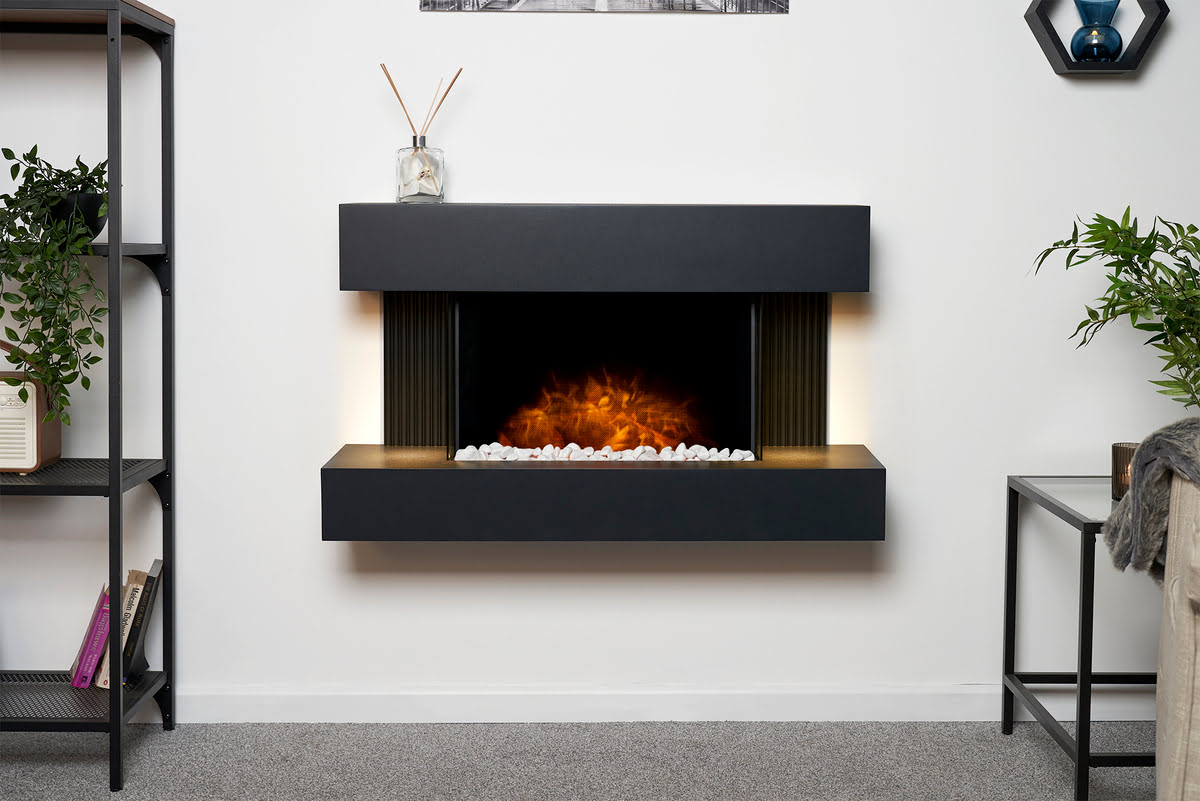
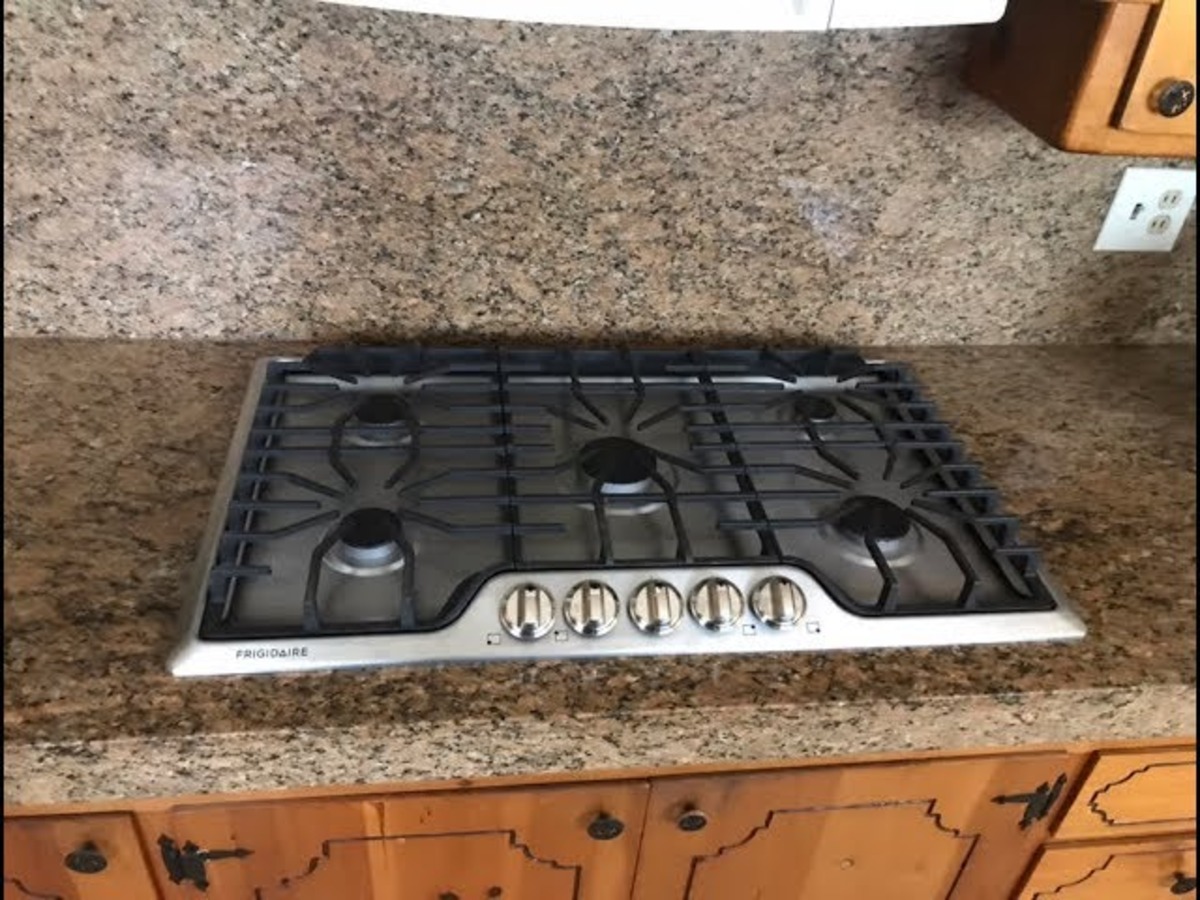
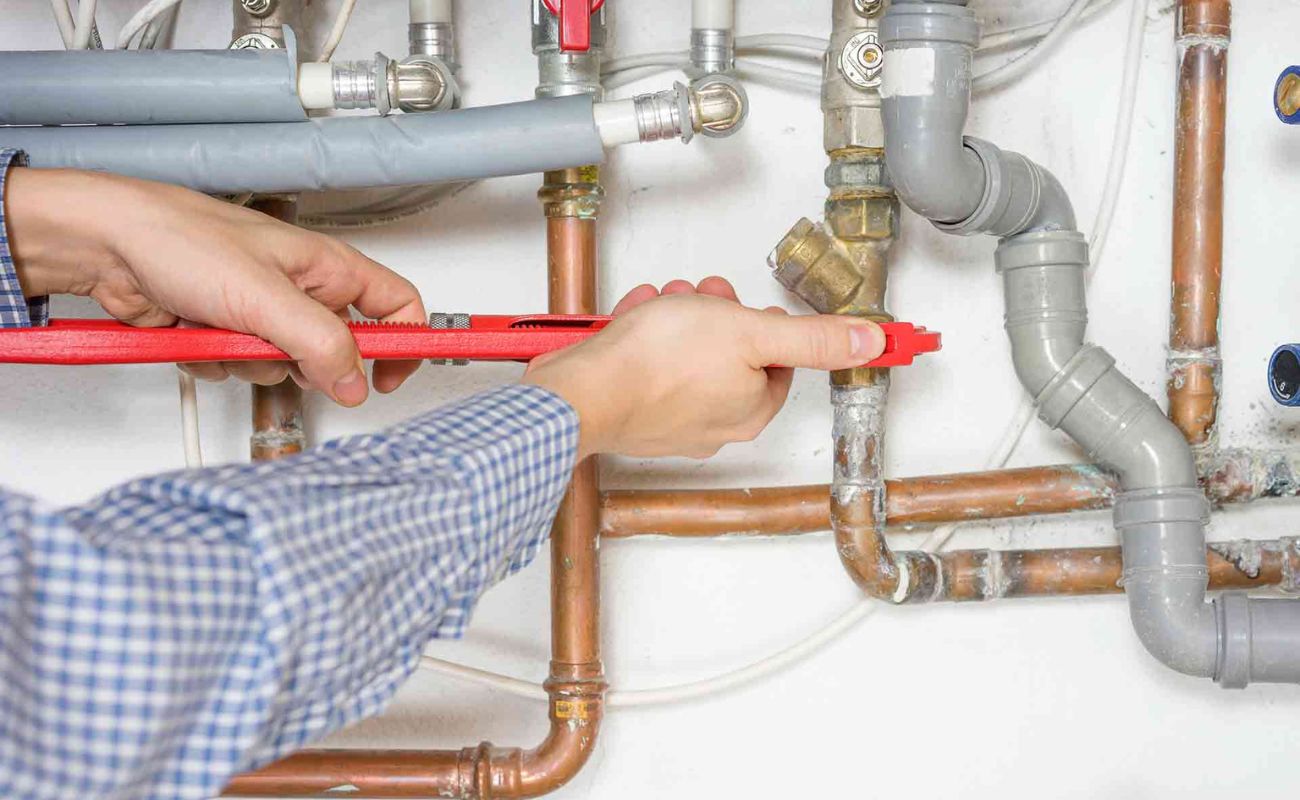
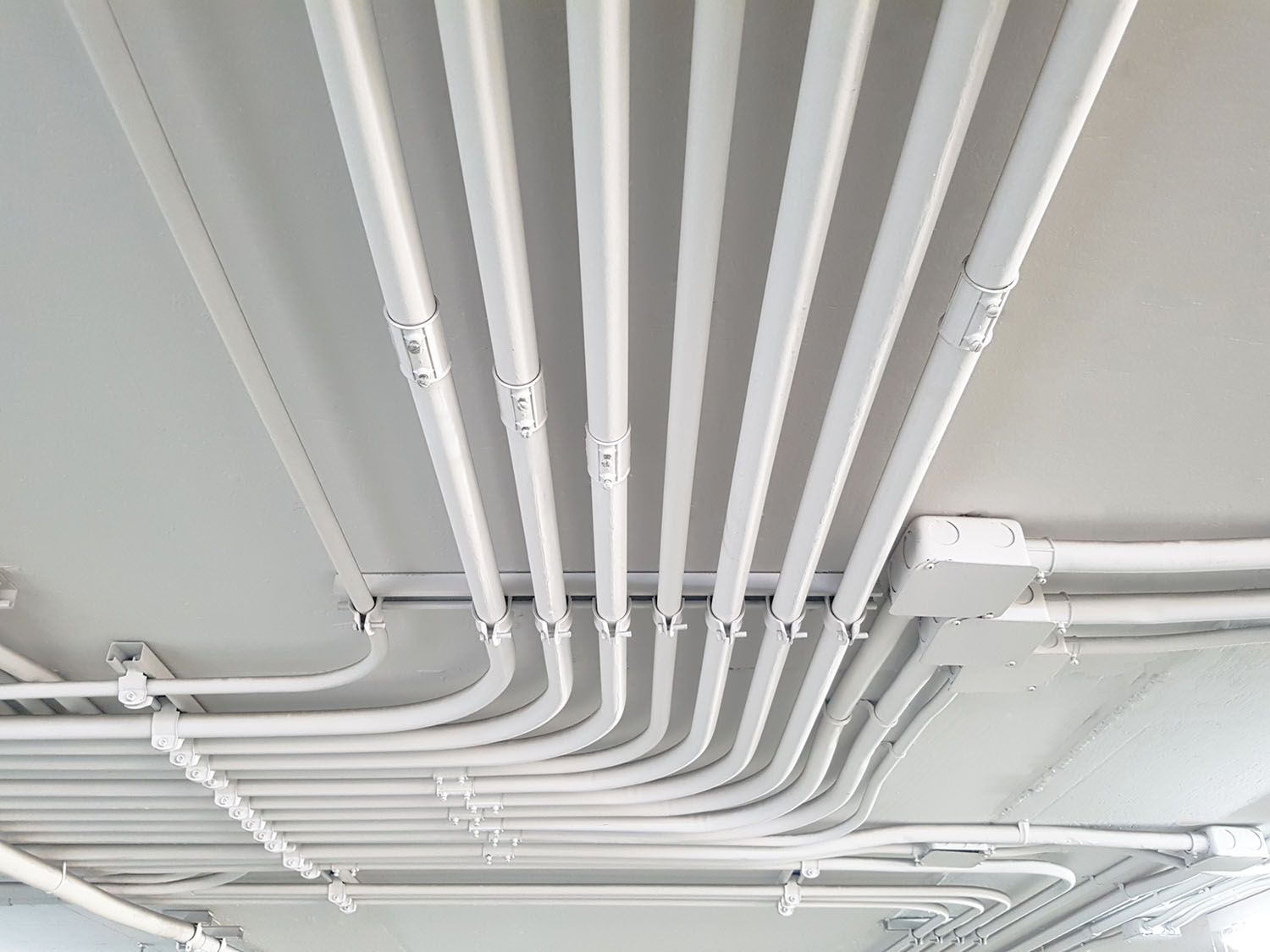
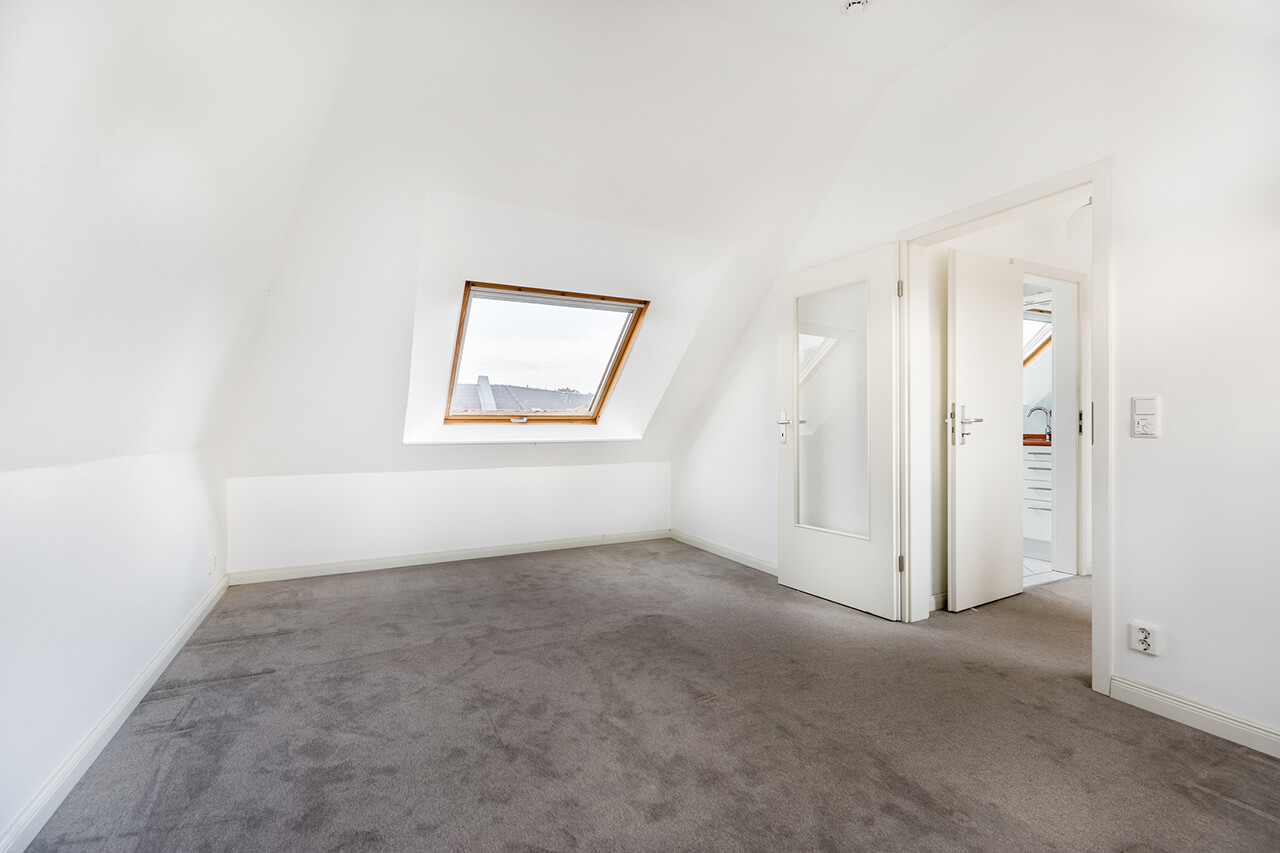
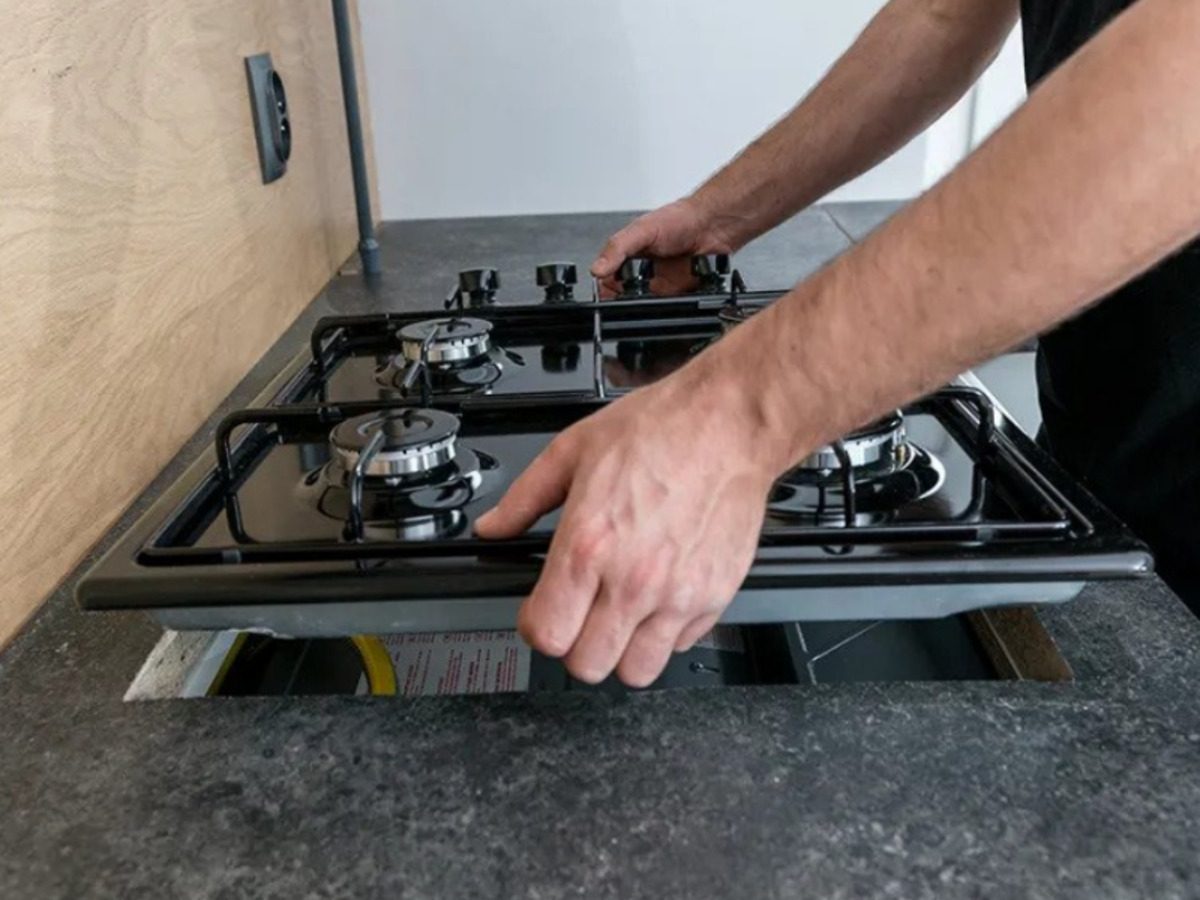
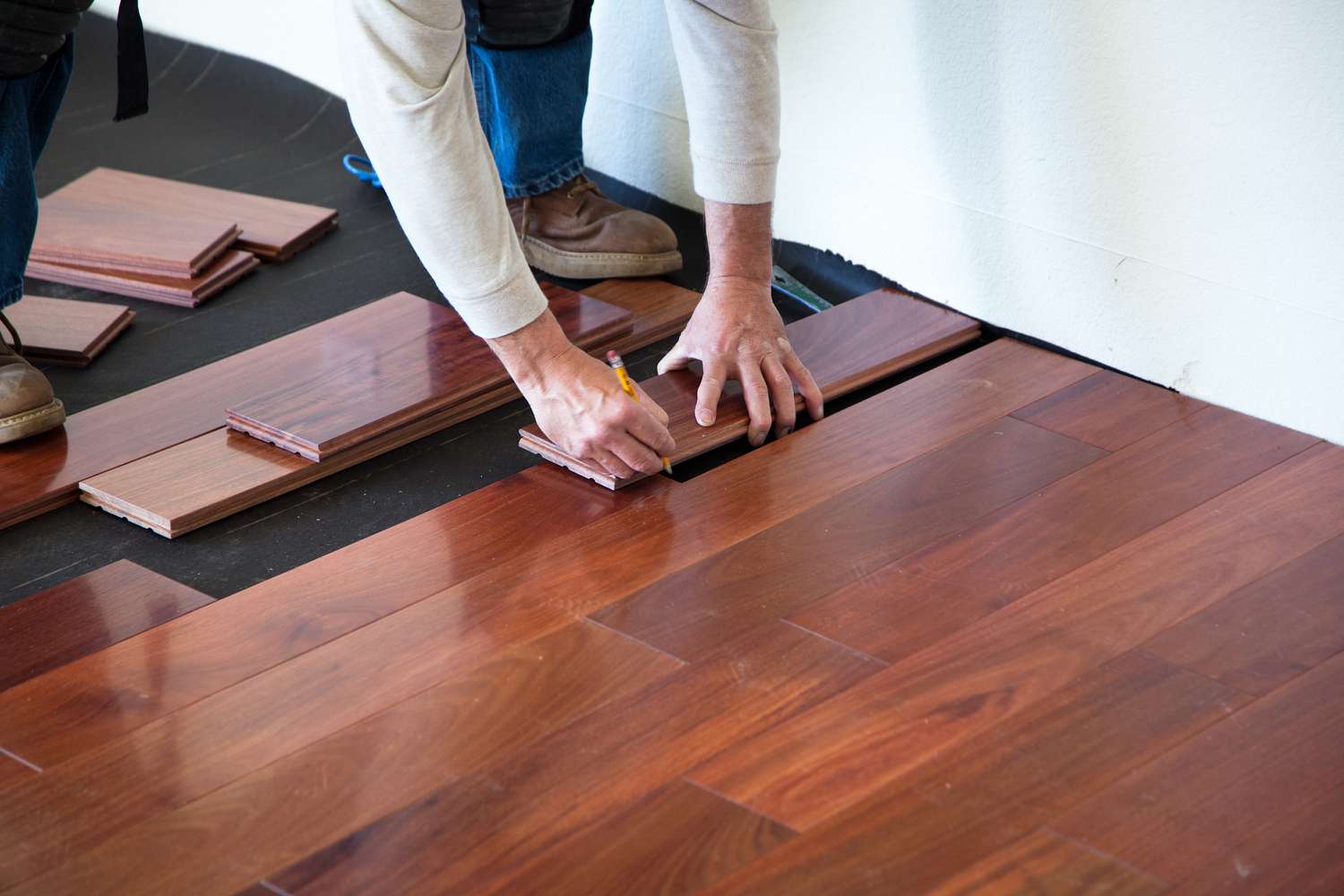
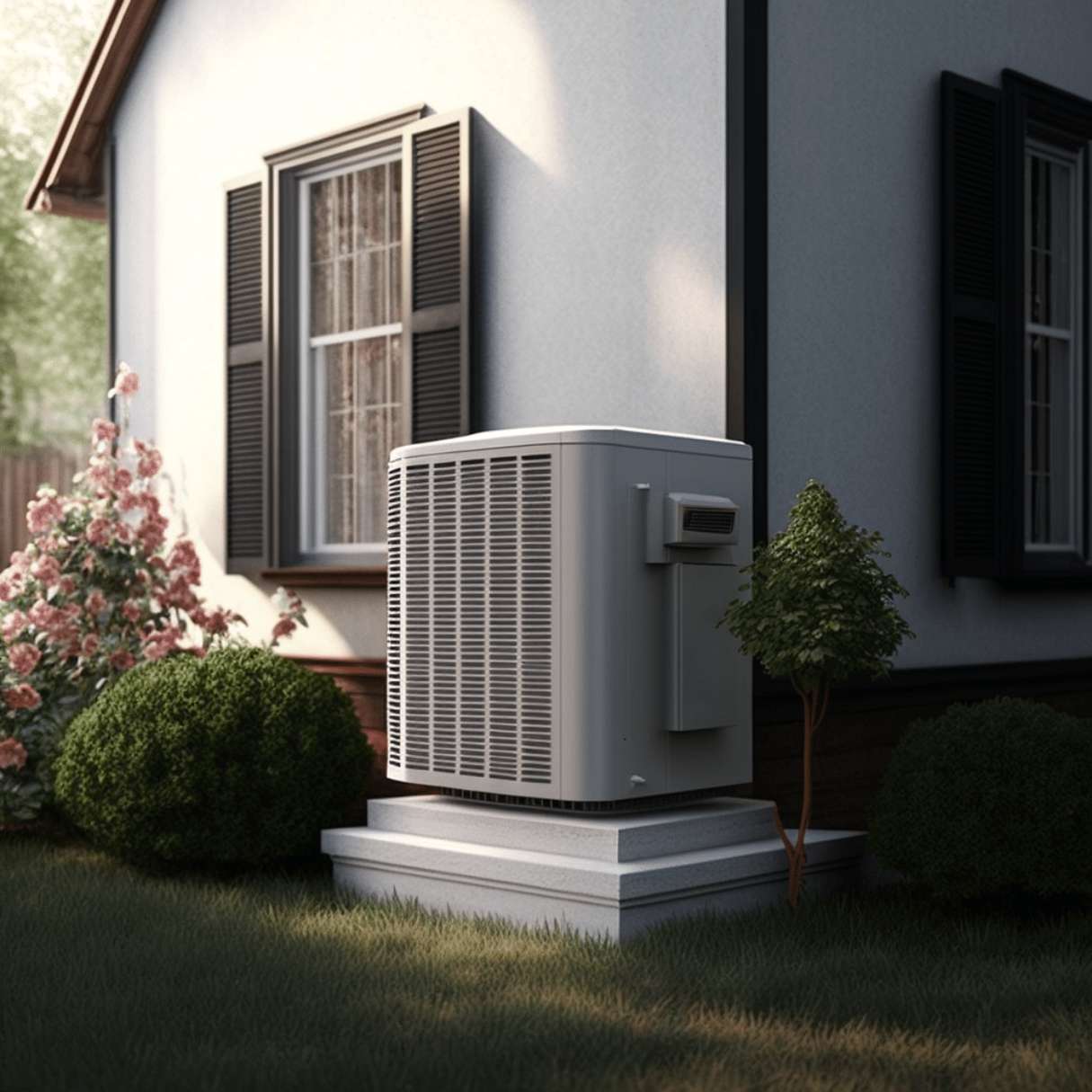
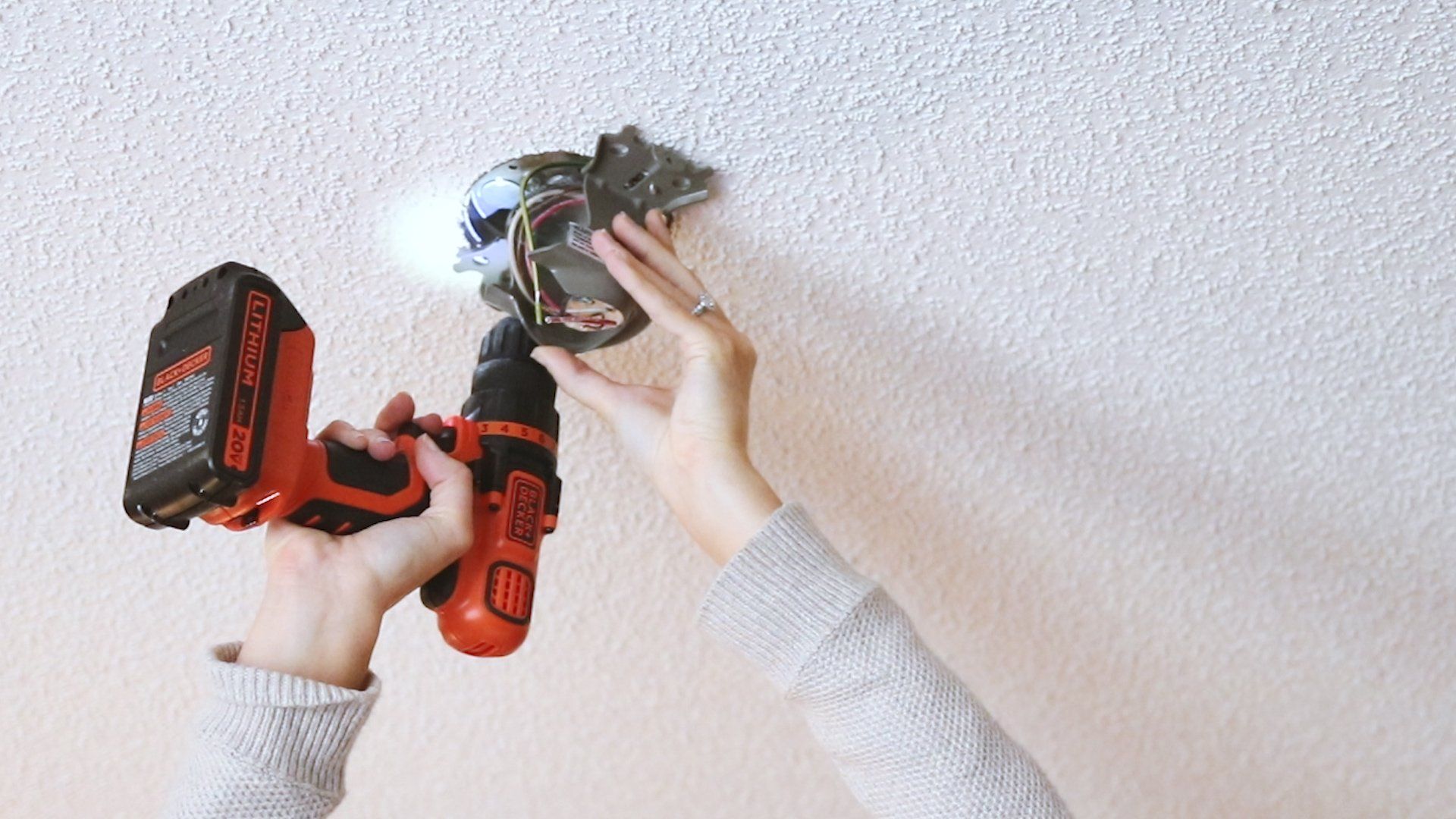
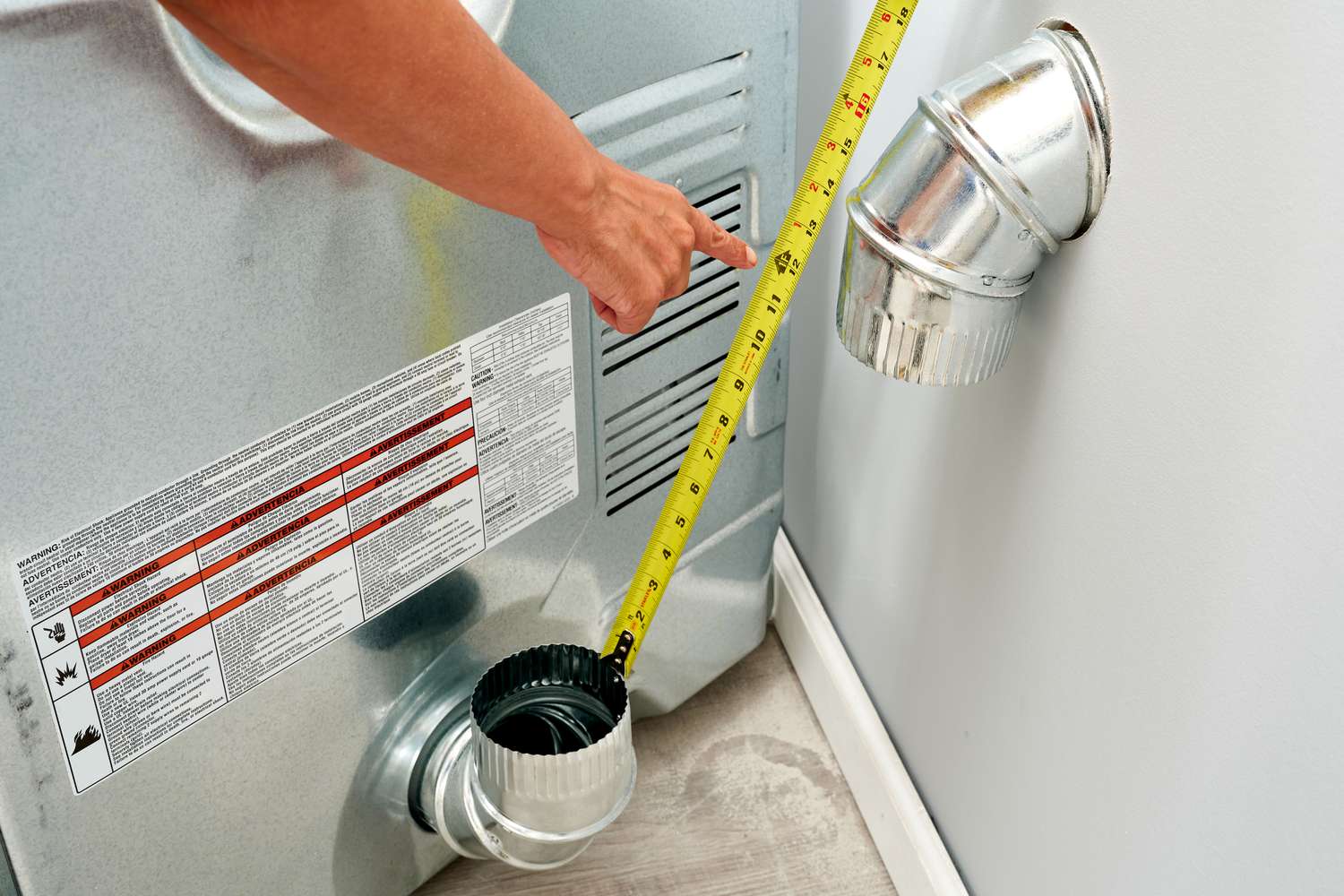
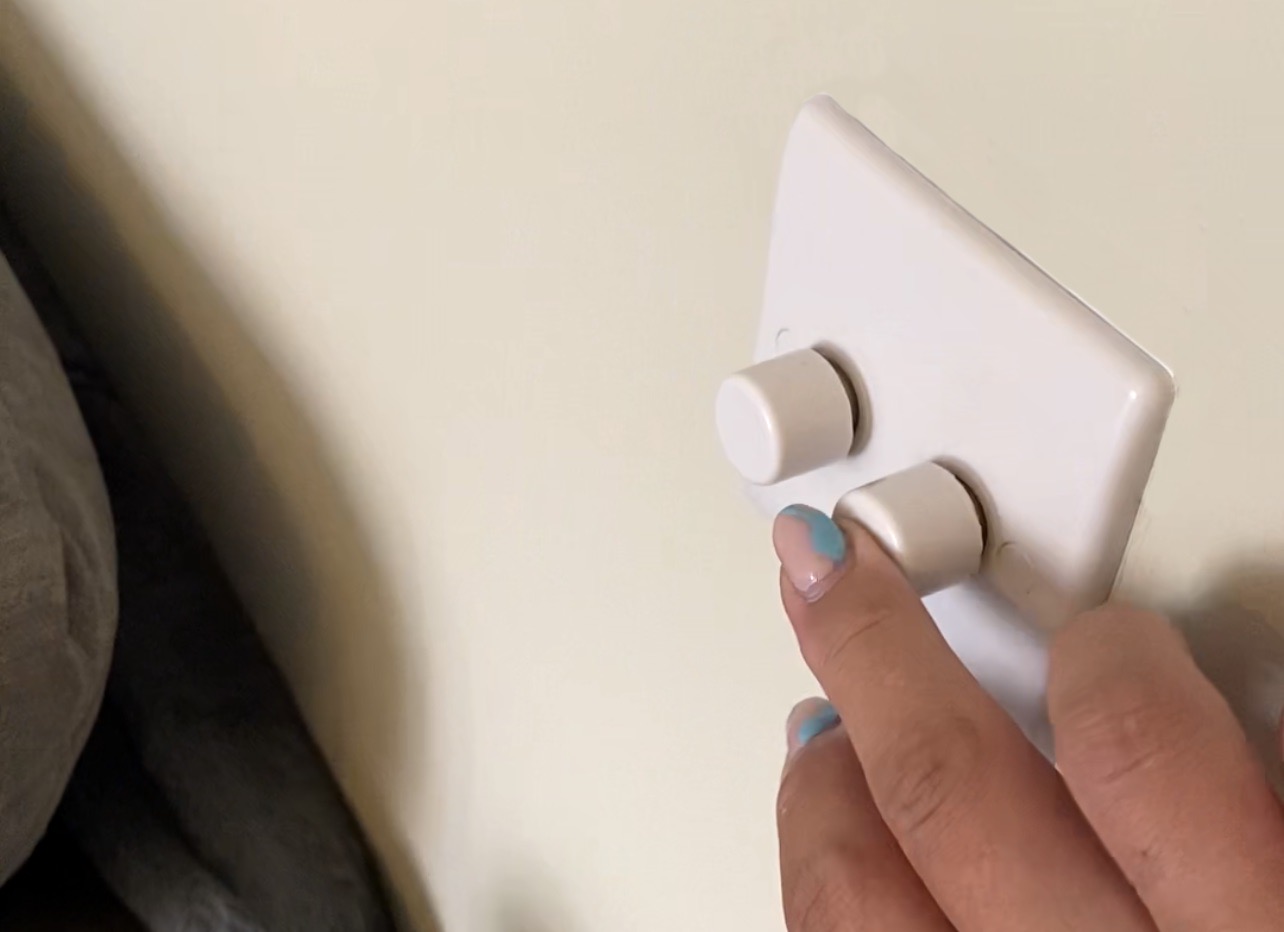
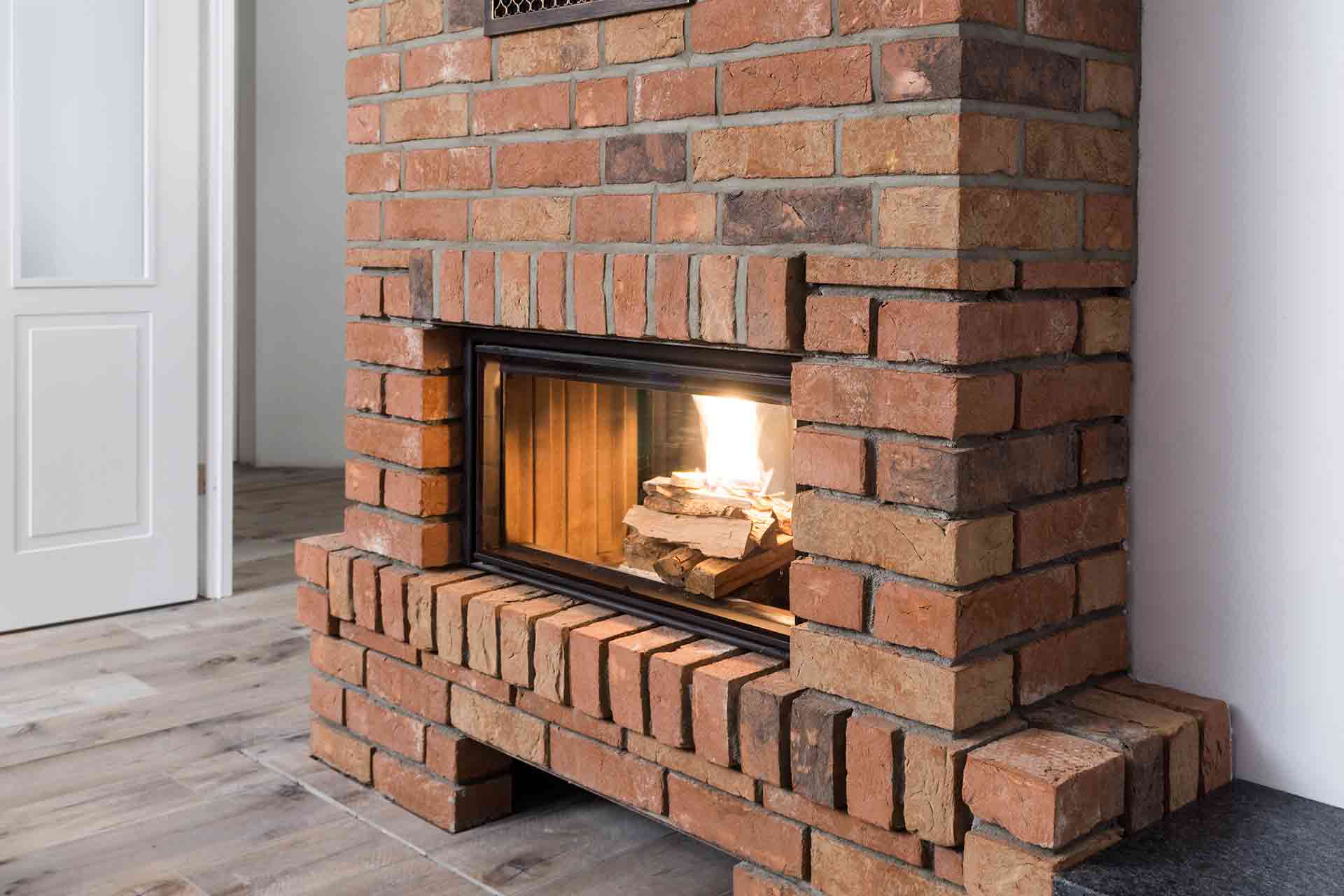
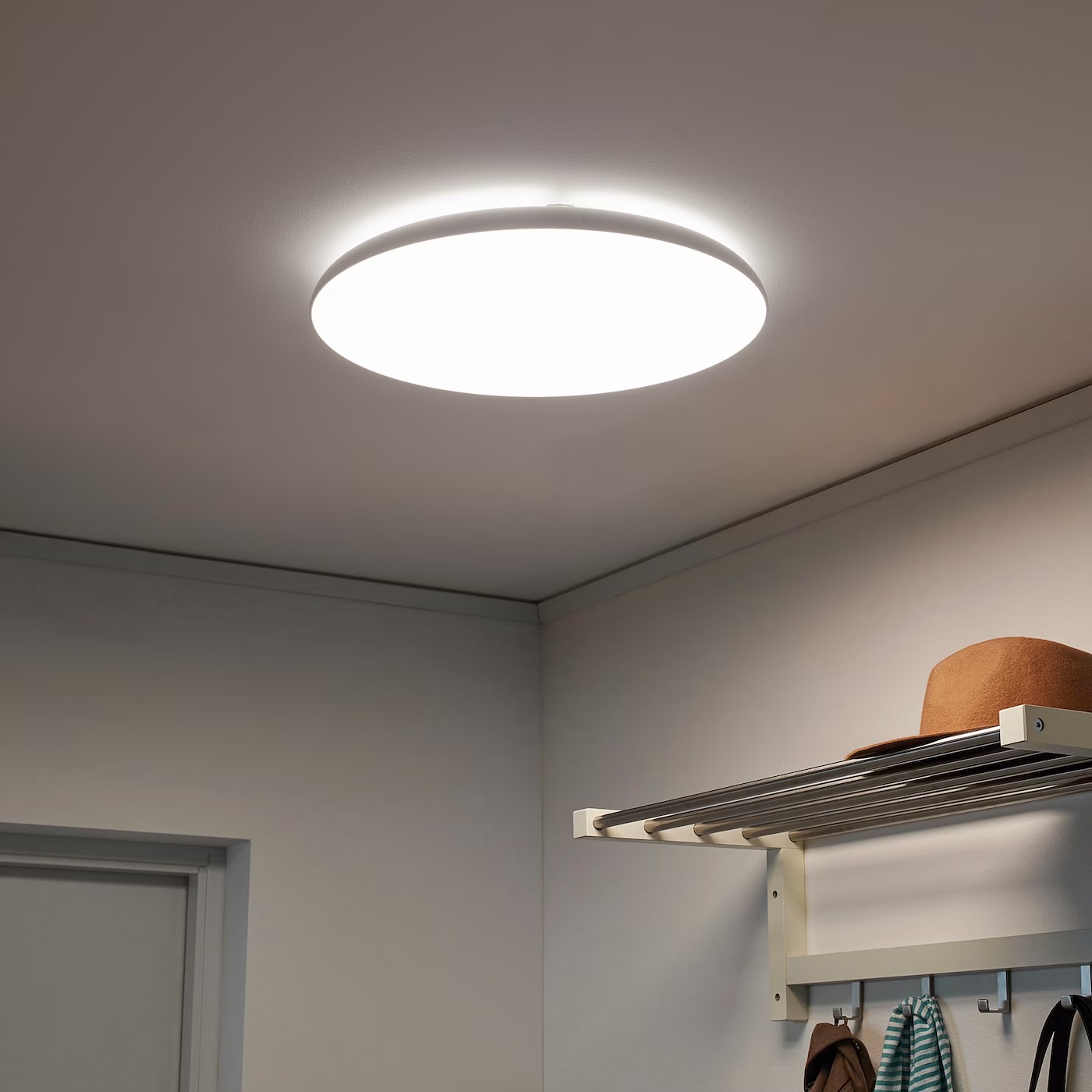
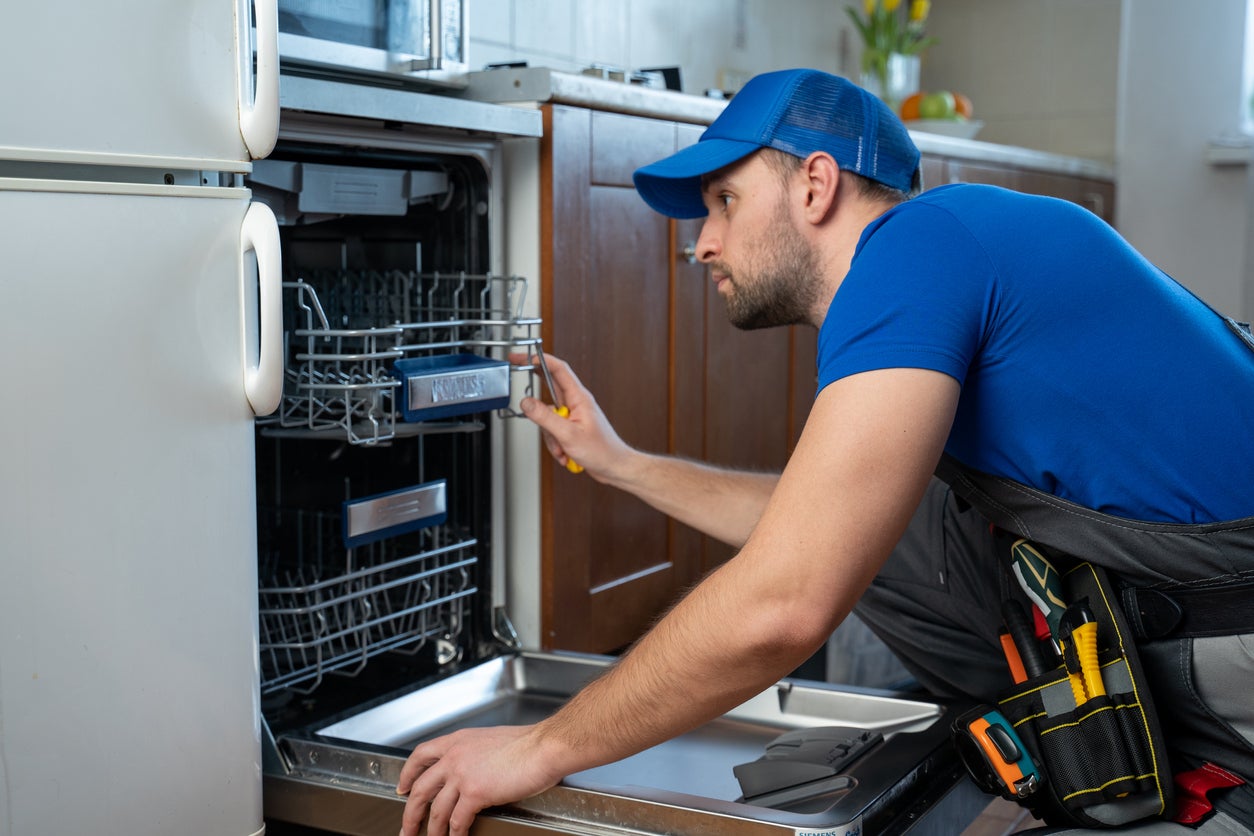

0 thoughts on “How Much Does It Cost To Install A Gas Cooktop”